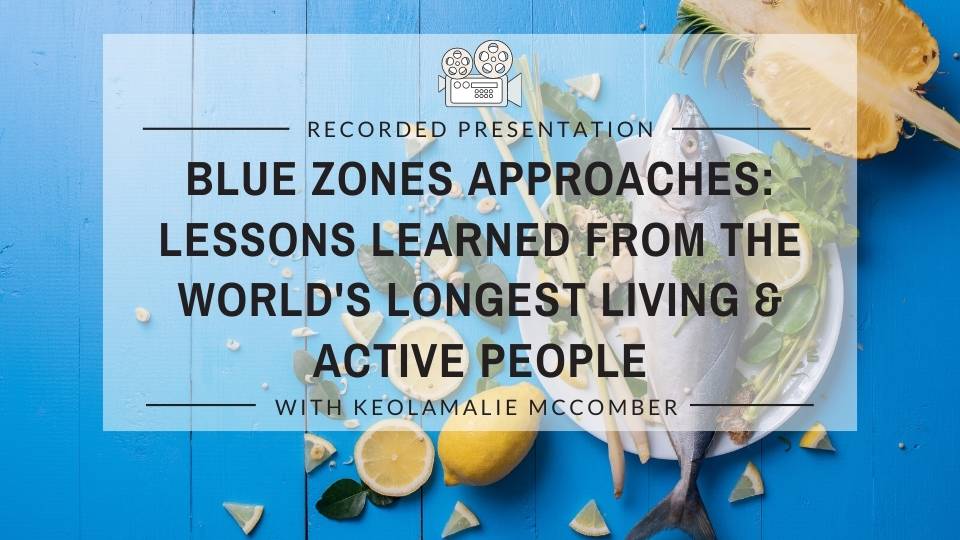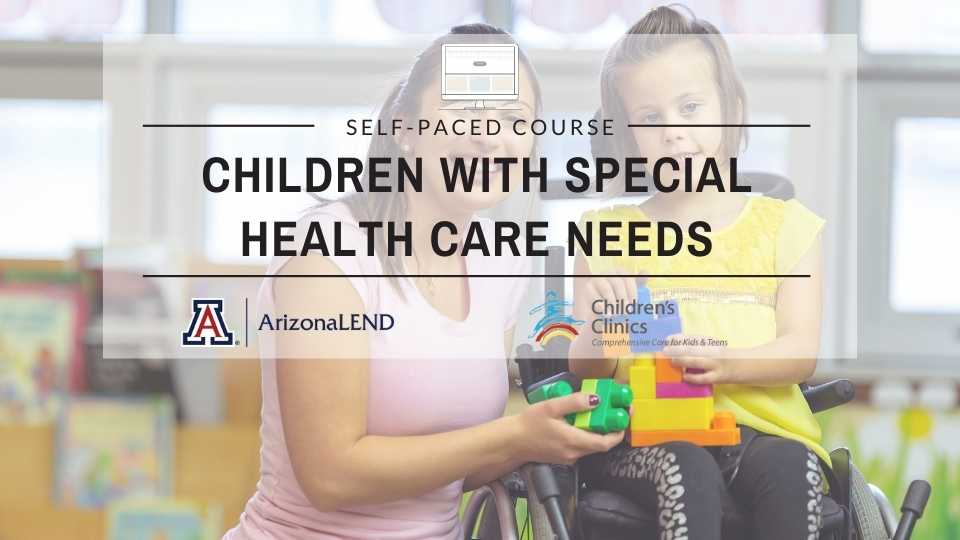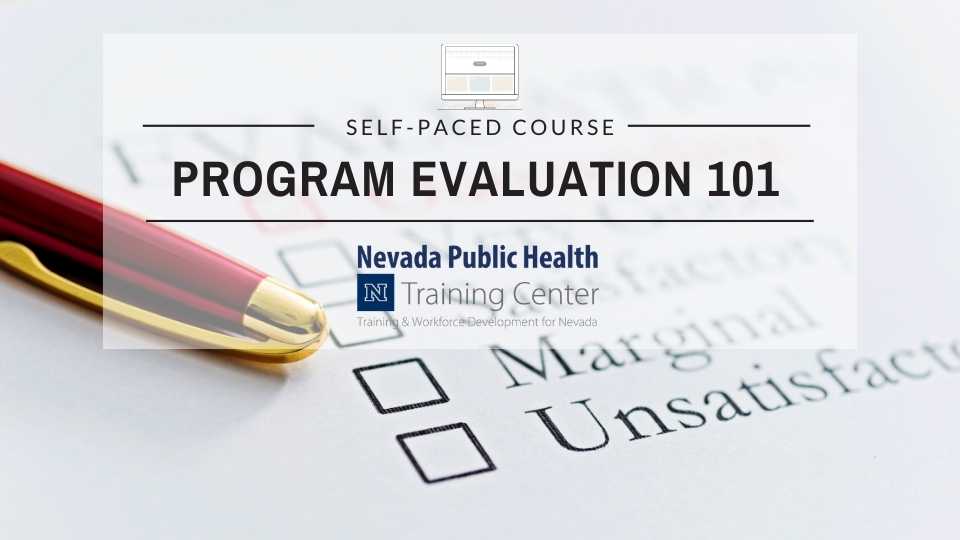Recovery Approaches for anyone includes a range of interventions, strategies, treatments, and individual behavior changes. The strengths approach helps many recovering individuals focus on improving their emotional wellbeing and attitudes about how they live their lives.
Learning Outcomes:
- Examine various types of recovery approaches for different situations.
- Discuss factors to improve emotional wellbeing and attitudes.
- Examine success stories from DOH's Case Management and Program Support Services.
Target Audience: Healthcare Professionals, Mental Health Professionals, Public Health,
Duration: ~ 1.5 hours
Continuing Education Information: 1.5 CECH for CHES
Format: Web-based, Self Study
Original Webinar Recorded: March 16, 2018
Author(s) and Presenter(s): Kathleen Rhoads Merriam, LSW











